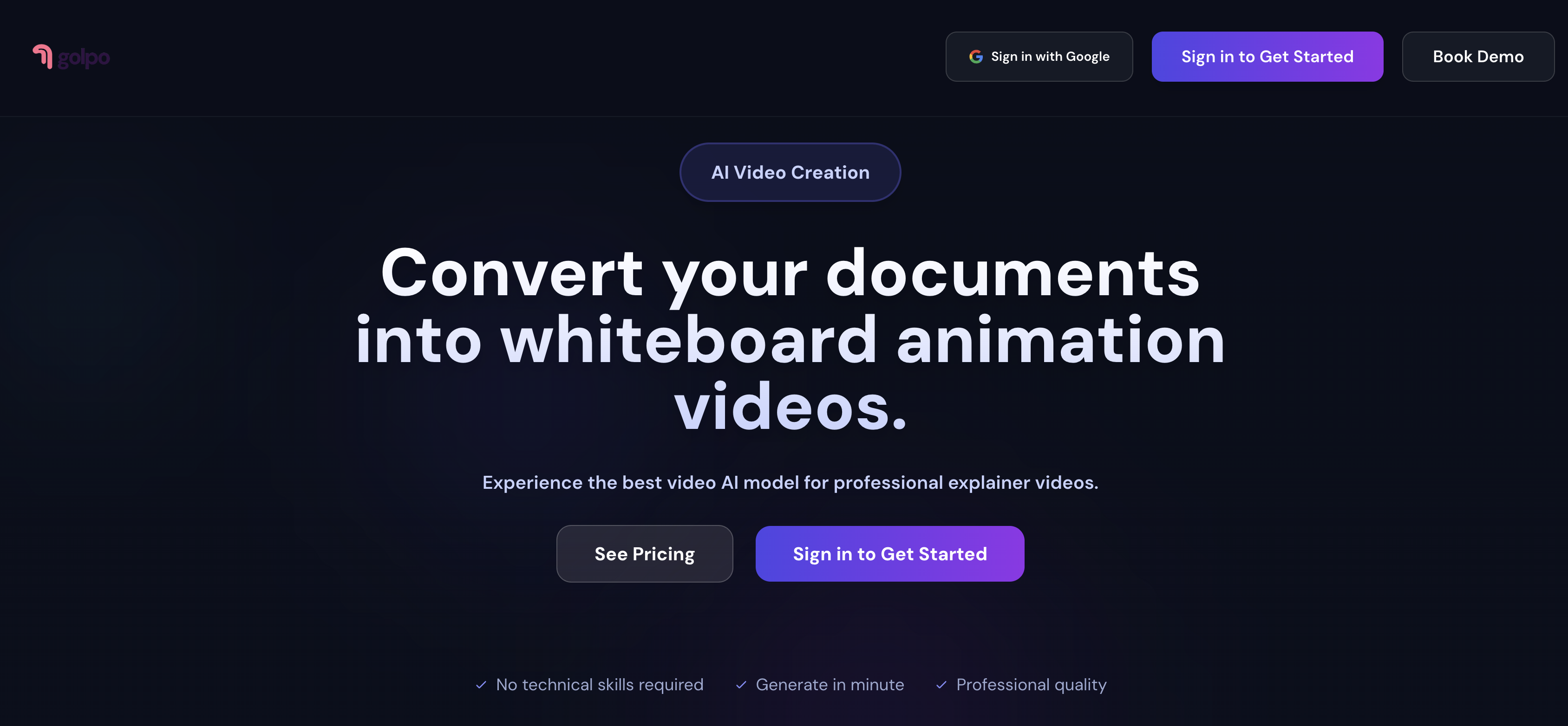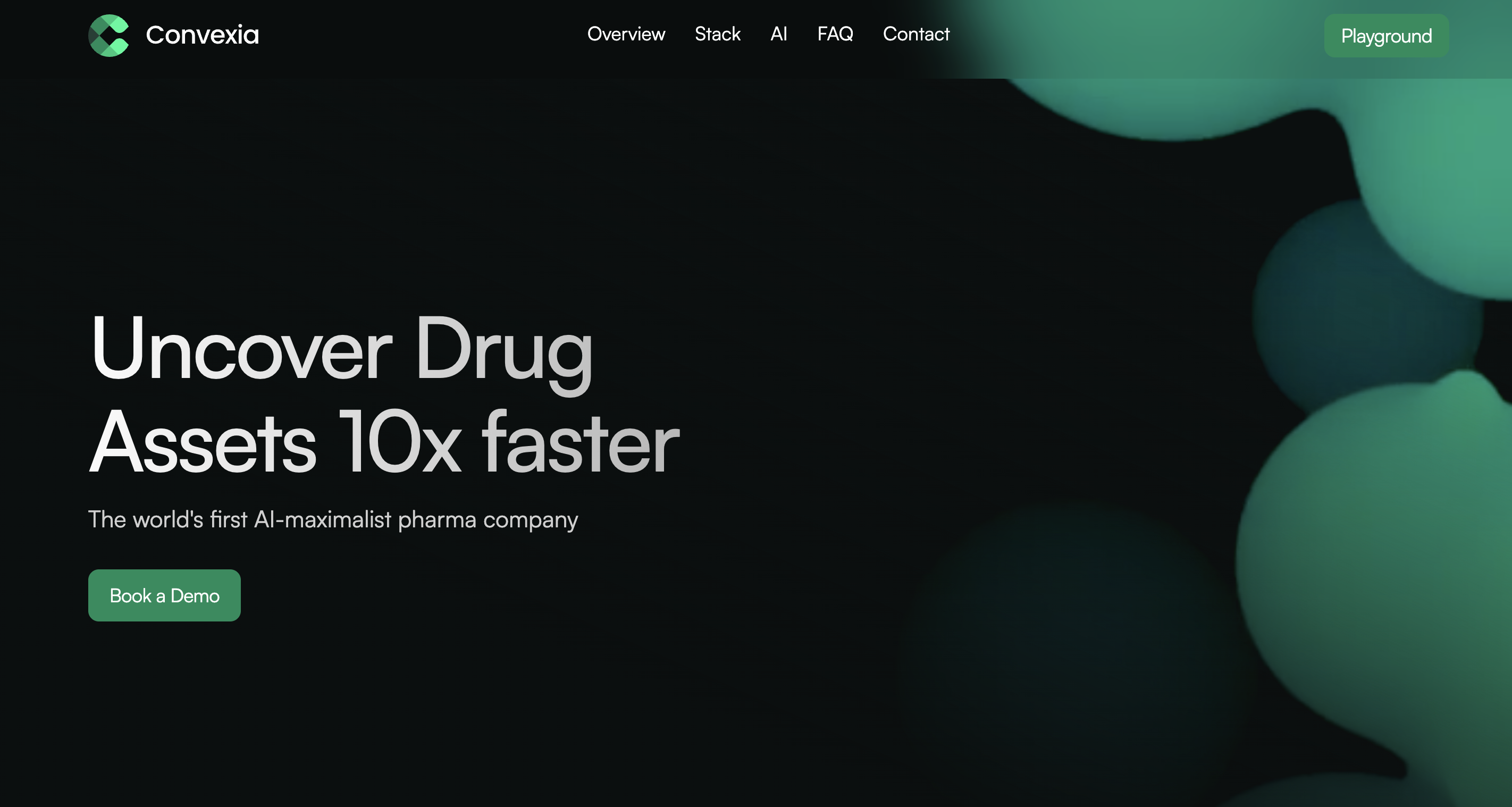Choosing the right payroll solution can make or break your business operations, especially when you're weighing two industry heavyweights like ADP Run and QuickBooks Payroll.
Choosing the right payroll solution can make or break your business operations, especially when you're weighing two industry heavyweights like ADP Run and QuickBooks Payroll. Both platforms offer robust payroll processing capabilities, but they cater to different business needs and growth trajectories. Understanding these differences is crucial for making an informed decision that will support your company's success for years to come.
What Makes ADP Run Stand Out for Growing Businesses
ADP Run positions itself as a comprehensive payroll and HR solution designed specifically for small to medium-sized businesses that need more than basic payroll processing. The platform leverages ADP's 75+ years of payroll expertise to deliver sophisticated features that can handle complex payroll scenarios with ease. Businesses operating across multiple states particularly benefit from ADP's direct tax filing services in all 50 states, eliminating the need for third-party partners and reducing compliance risks. The platform excels in providing dedicated support and onboarding assistance for businesses of all sizes.
Unlike many competitors, ADP offers 24/7 live support across all service bundles, ensuring help is available whenever payroll emergencies arise. This round-the-clock availability proves invaluable for businesses operating outside standard hours or dealing with time-sensitive payroll issues. The comprehensive approach extends beyond basic payroll to encompass HR management, compliance monitoring, and business growth support services.
Advanced HR Capabilities Beyond Basic Payroll
ADP Run distinguishes itself through comprehensive HR functionality that extends well beyond core payroll processing. The platform includes pre-populated employee handbooks for specific states and jurisdictions, saving businesses significant time while ensuring compliance with local regulations. Additionally, ADP provides online courses with completion tracking for sexual harassment, abusive conduct, and HR compliance training—resources that small businesses often struggle to implement independently.
Recruitment capabilities further set ADP apart from basic payroll solutions. Through ZipRecruiter integration, businesses can post job openings to multiple platforms simultaneously while accessing salary benchmarking data to make competitive offers. The platform also includes applicant tracking systems, background check services, and access to discounted legal services through third-party partnerships. These comprehensive tools create a unified HR ecosystem that grows with expanding businesses.
Pricing Structure and Value Considerations
ADP Run employs a quote-based pricing structure starting around $79 per month plus $4 per employee. While this base rate appears competitive, businesses should understand that ADP typically charges per payroll run rather than offering unlimited processing. Additional fees may apply for services like year-end tax form processing, multi-state payroll, and certain HR functions that come standard in higher-tier competitor plans.
The lack of published pricing can frustrate businesses during the evaluation process, as it requires engaging with ADP's sales team to understand true costs. However, the value extends beyond direct costs when considering the comprehensive HR tools and dedicated support included, potentially reducing the need for separate HR software or consultants. Many businesses find that the integrated approach ultimately provides better value despite higher upfront costs.
Why QuickBooks Payroll Appeals to Small Business Owners
QuickBooks Payroll takes a different approach, emphasizing simplicity, transparency, and seamless integration with existing QuickBooks accounting software. The platform serves approximately 1.4 million small businesses, primarily in the United States, by focusing on user-friendly design and straightforward functionality. Businesses already using QuickBooks for accounting find particular value in the unified ecosystem that eliminates duplicate data entry and reconciliation challenges.
The platform's transparent, tiered pricing structure makes budgeting easier for small businesses. QuickBooks Payroll's Core plan starts at approximately $45 per month plus $6 per employee, with Premium and Elite plans offering additional features at higher rates. A standout advantage is the inclusion of unlimited payroll runs at no extra charge, making it economical for businesses with multiple pay cycles or frequent off-cycle payments.
Streamlined User Experience and Integration Benefits
QuickBooks Payroll delivers an intuitive, streamlined user experience designed specifically with small business owners in mind. The platform's clear workflows and visual guides make payroll processing accessible even to users without extensive accounting or HR backgrounds. Businesses switching from ADP to QuickBooks Payroll reported saving an average of 22 minutes per payroll run, highlighting the efficiency of the user-centric design.
The direct integration with QuickBooks accounting software creates a seamless data flow between payroll and financial records, automatically syncing payroll expenses with the general ledger. This native integration represents a significant advantage for businesses already using QuickBooks, eliminating manual reconciliation and creating a unified financial management experience. The same-day direct deposit feature available in Premium and Elite plans provides additional flexibility for managing cash flow and meeting urgent payroll needs.
Key advantages of QuickBooks Payroll's streamlined approach include:
- Unlimited payroll runs: Process payroll as frequently as needed without additional charges
- Same-day direct deposit: Available in Premium and Elite plans for urgent payroll needs
- Automatic tax filing: Handles federal and state taxes with no additional setup required
- Year-end forms: W-2s and 1099s processed at no extra charge
Cost-Effective Features for Essential Operations
QuickBooks Payroll includes several cost-effective features that provide excellent value for small businesses. Year-end filings for W-2s and 1099s come at no additional charge, while ADP typically assesses fees for these services. The Elite plan offers tax penalty protection of up to $25,000, covering penalties regardless of who makes the error—providing significant peace of mind for businesses concerned about compliance risks.
The platform's approach to benefits administration involves partnerships with established providers like SimplyInsured for health insurance and Guideline for retirement plans. While these options may be more limited than ADP's comprehensive offerings, they provide sufficient coverage for smaller teams while maintaining cost-effectiveness. The focused approach allows businesses to access essential benefits without overwhelming complexity or excessive costs.
Key Feature Comparison Between Both Platforms
When examining core payroll capabilities, both platforms deliver reliable processing with distinct advantages. ADP Run offers sophisticated tax calculation features and specialized state unemployment insurance management tools, making it ideal for businesses with complex payroll scenarios. The platform handles multiple pay rates, garnishments, and specialized deductions with ease while providing comprehensive tax filing services across all jurisdictions.
QuickBooks Payroll emphasizes speed and simplicity in its processing capabilities while offering unlimited payroll runs at no additional cost. This feature provides significant value for businesses with variable pay schedules or frequent off-cycle payments. The platform's integration with QuickBooks accounting software creates automatic synchronization between payroll and financial records, streamlining overall business operations.
Time Tracking and Employee Management Tools
Both platforms offer time tracking capabilities, though through different approaches and pricing models. ADP Run includes time tracking as an add-on feature, estimated at approximately $100 per month for 10 employees. The platform provides shift scheduling and basic time tracking functionality, with geofencing capabilities available at additional cost.
QuickBooks Payroll includes employee scheduling and time tracking in its Premium and Elite plans. The platform offers both shift and project scheduling, with GPS tracking and geofencing available in higher-tier plans. QuickBooks Time integration provides schedule creation and GPS-enabled mobile time tracking, offering more comprehensive functionality for businesses already within the QuickBooks ecosystem.
ADP Run's employee management strengths focus on:
- Comprehensive HR tools: Employee handbooks, training modules, and compliance resources
- Recruitment integration: ZipRecruiter connectivity and applicant tracking systems
- Benefits administration: Direct 401(k) services and insurance agency partnerships
- Multi-state expertise: Specialized compliance tools for complex regulatory environments
Support Quality and Availability Differences
Customer support represents a significant differentiator between these platforms. ADP provides 24/7 live support across all service bundles, giving businesses access to assistance whenever issues arise. This round-the-clock availability proves particularly valuable during payroll emergencies or when working with tight deadlines. ADP also offers dedicated new client onboarding support for small businesses of all sizes, ensuring smooth transitions and proper system setup.
QuickBooks Payroll's support structure varies by plan level, with comprehensive 24/7 support limited to its highest-tier Elite package. Core and Premium customers receive more restricted support hours, which may create challenges for businesses operating outside standard working hours. User reviews indicate that QuickBooks Payroll's support quality has been inconsistent, with some customers reporting difficulties reaching representatives and receiving timely assistance for complex issues.
Security Features and Compliance Capabilities
Both platforms prioritize security and compliance, though they approach these critical areas differently. ADP Run leverages extensive industry experience to deliver robust security protocols and compliance features designed to safeguard business and employee data. The platform employs advanced encryption standards, multi-factor authentication, and continuous security monitoring to protect against unauthorized access and data breaches. ADP's dedicated compliance team monitors regulatory changes across all jurisdictions, automatically updating the system to reflect new requirements.
QuickBooks Payroll also maintains strong security standards with industry-standard encryption and access controls. The Elite plan includes Tax Penalty Protection covering businesses for up to $25,000 in penalties regardless of who makes the error. QuickBooks automatically calculates, files, and pays federal and state payroll taxes, though local tax filings are limited to higher-tier plans.
Regulatory Compliance and Multi-State Operations
ADP's longer history in payroll compliance and extensive international capabilities offer advantages for businesses with complex regulatory requirements or operations across multiple jurisdictions. The platform's expertise in varying regulatory environments minimizes compliance risks for businesses operating in multiple states or countries. ADP's comprehensive tax filing services across all 50 states provide direct support without requiring third-party partners.
QuickBooks Payroll, while competent in handling standard compliance needs, is generally better suited for businesses with straightforward requirements primarily in the United States. The platform's compliance capabilities focus on federal and state requirements, with local tax handling available in premium plans. Businesses with complex multi-jurisdictional needs may find ADP's more extensive compliance expertise better suited to their requirements.
Integration Ecosystem and Third-Party Connections
ADP Run offers integration with hundreds of popular business applications spanning various categories, including accounting solutions, time-tracking tools, point-of-sale systems, and enterprise resource planning software. This extensive integration network allows businesses to maintain data consistency across multiple systems without manual re-entry, reducing errors and administrative overhead. Notable integrations include QuickBooks accounting software, Xero, Wave, and various time and attendance solutions.
QuickBooks Payroll provides seamless integration with QuickBooks Online accounting software as part of the Intuit ecosystem. This native integration creates a unified experience where payroll data automatically flows into general ledger, expense tracking, and financial reporting systems. Beyond its own ecosystem, QuickBooks offers fewer third-party integrations than ADP, potentially limiting flexibility for businesses using diverse software solutions.
Benefits Administration and Retirement Planning
ADP's Retirement Services division directly provides 401(k) plan administration, while the platform offers extensive benefits integration options through its insurance agency affiliate. This comprehensive approach allows businesses to manage multiple employee benefits through a single platform, simplifying administration and reducing vendor management complexity. ADP's insurance agency provides access to workers' compensation, business insurance, and group health insurance based on specific business needs.
QuickBooks partners with Guideline for retirement plans and SimplyInsured for health insurance, providing more limited benefits integration compared to ADP's comprehensive offerings. While these partnerships may not offer the same depth of options as ADP's direct services, they provide sufficient coverage for smaller businesses while maintaining cost-effectiveness. The streamlined approach works well for companies with straightforward benefits needs and limited administrative resources.
QuickBooks Payroll's partnership benefits include:
- Guideline retirement plans: Simplified 401(k) setup and management
- SimplyInsured health coverage: Access to group health insurance options
- Streamlined administration: Reduced complexity for small business owners
- Cost-effective solutions: Competitive pricing for essential benefits coverage
Best Practices for Choosing Your Payroll Solution
Selecting the right payroll platform requires careful evaluation of your current and future business needs. Consider your company's growth trajectory and whether you'll need advanced HR capabilities as you scale operations. Evaluate your existing software ecosystem to determine whether seamless integration with accounting systems provides significant operational benefits.
- Assess your support requirements by considering your team's technical expertise and the complexity of your payroll scenarios. Businesses with limited HR experience may benefit from ADP's comprehensive support and onboarding assistance.
- Calculate the total cost of ownership including base fees, per-employee charges, and add-on services necessary to meet your requirements. Consider both current needs and anticipated future functionality requirements.
- Evaluate compliance needs based on your operational footprint and regulatory requirements. Multi-state operations or complex regulatory environments may benefit from ADP's extensive compliance expertise.
- Test user interfaces and workflows through platform demonstrations to assess ease of use for your team. Consider the learning curve and training requirements for successful implementation.
- Review integration capabilities with your existing business software to ensure seamless data flow and operational efficiency. Native integrations often provide better long-term value than third-party connections.
Which Payroll Platform Fits Your Business Goals
ADP Run emerges as the stronger choice for businesses requiring comprehensive HR capabilities, dedicated support, and advanced compliance features. The platform's robust functionality can accommodate complex payroll scenarios and scale effectively as organizations grow. Businesses with international operations, multi-state payroll requirements, or those in highly regulated industries particularly benefit from ADP's extensive compliance expertise and global capabilities. While the higher cost and steeper learning curve may initially seem daunting, these factors are generally offset by broader functionality and enterprise-grade features.
QuickBooks Payroll offers compelling advantages for small businesses seeking an affordable, user-friendly solution with strong accounting integration. The unlimited payroll runs, transparent pricing, and streamlined interface make it particularly suitable for organizations with straightforward payroll needs and limited HR requirements. Businesses already using QuickBooks for accounting will benefit significantly from the seamless data flow between systems, eliminating duplicate entry and reconciliation challenges. The focused approach delivers excellent value for small to medium-sized businesses primarily operating in the United States.
Before making your final decision, request demonstrations of both platforms to evaluate their user interfaces and workflows firsthand. Speak with representatives about specific requirements such as multi-state processing, benefits integration, and compliance support for your industry. Consider conducting a thorough assessment that includes not only current needs but also anticipated future requirements as your business evolves. By taking a methodical approach to this evaluation, you can select the payroll solution that will best support your business's operational efficiency and growth objectives for years to come.
Simplify Startup Finances Today
Take the stress out of bookkeeping, taxes, and tax credits with Fondo’s all-in-one accounting platform built for startups. Start saving time and money with our expert-backed solutions.
Get Started









.png)









